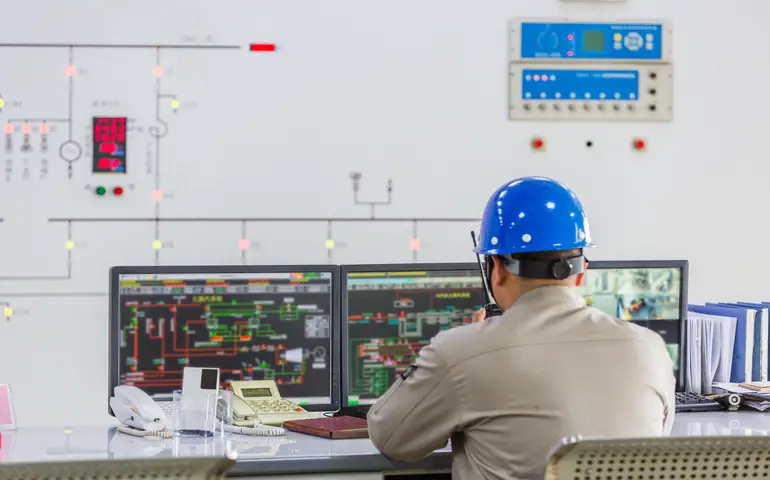Embark on a transformative journey in Vibration Control Engineering, where precision meets innovation. Enroll in our Level 3 Advanced Diploma and become a proficient contributor to the dynamic field of Vibration Control.
What Will You Learn?
- Gain an in-depth understanding of Vibration Engineering, from its foundational principles to advanced techniques.
- Explore the fundamentals of vibrations, delving into the physics and dynamics underlying vibration phenomena.
- Learn Vibration Measurement and Analysis techniques, honing your ability to assess and interpret vibration data.
- Master Vibration Control Techniques, applying principles to minimize or eliminate vibrations in practical scenarios.
- Understand the application of Vibration Control in various fields, from industrial machinery to structural design.
- Develop proficiency in Vibration Control System Design, tailoring solutions to specific engineering challenges.
- Familiarize yourself with Vibration Control Software and Tools, utilizing technology to optimize control strategies.
- Apply your knowledge through Project Work, gaining hands-on experience in addressing real-world vibration control scenarios.
Who Should Take The Course?
- Mechanical and structural engineers seeking to specialize in Vibration Control Engineering.
- Professionals involved in machinery design, structural analysis, and industrial applications where vibrations are critical.
- Researchers and academics interested in advancing their understanding of vibration control principles.
- Individuals aspiring to enter the field of Vibration Control Engineering with a strong foundation in advanced concepts.
Requirements
- A background in engineering, physics, or a related field.
- Access to relevant study materials and resources for comprehensive learning.
- Proficiency in mathematics and analytical thinking.
- Basic computer literacy for utilizing Vibration Control Software and Tools.
Course Curriculum
-
- Overview of Vibration Control Engineering 00:08:00
- Types of Vibrations in Mechanical Systems 00:05:00
- Importance of Vibration Control in Engineering 00:06:00
- Historical Developments in Vibration Control 00:06:00
-
- Mechanical Vibrations Basics 00:06:00
- Single-Degree-of-Freedom Systems 00:07:00
- Free and Forced Vibrations 00:05:00
- Damping and Resonance 00:06:00
- Harmonic and Transient Vibrations 00:06:00
- Vibration Sensors and Measurement Equipment 00:06:00
- Data Acquisition and Signal Processing 00:05:00
- Frequency Domain Analysis 00:07:00
- Time Domain Analysis 00:07:00
- Modal Analysis 00:05:00
- Industrial Machinery Vibration Control 00:06:00
- Automotive and Aerospace Vibration Control 00:07:00
- Building and Structural Vibration Control 00:06:00
- Case Studies and Real-World Examples 00:06:00
- Introduction to Software for Vibration Analysis 00:07:00
- Hands-on Practice with Vibration Analysis Software 00:07:00
- Case Studies Using Industry-standard Tools 00:07:00
- Exam of Vibration Control Engineering Level 3 Advanced Diploma 00:50:00
New Courses
Blogs
Jul'23
ADHD Training for Teachers: Empowering Educators to Support Students with Attention Challenges
Relationships may be severely harmed by narcissistic behaviours, leaving emotional scars and...
Jul'23
Narcissistic Behaviour and Relationships: Understanding the Impact and Finding Healing
Relationships may be severely harmed by narcissistic behaviours, leaving emotional...
Jul'23
Childhood Trauma in Adults
What Is Childhood Trauma? Childhood trauma refers to distressing or...
Jul'23
Creating A Social Media Strategy
Set Clear Objectives:The first step in developing a successful social media...
Jul'23
Neuro-Linguistic Programming Techniques
Neuro-Linguistic Programming (NLP) is a fascinating and widely acclaimed approach...
Jul'23
Acceptance and Commitment Therapy in the UK
What is acceptance and commitment therapy? Acceptance and Commitment Therapy...





